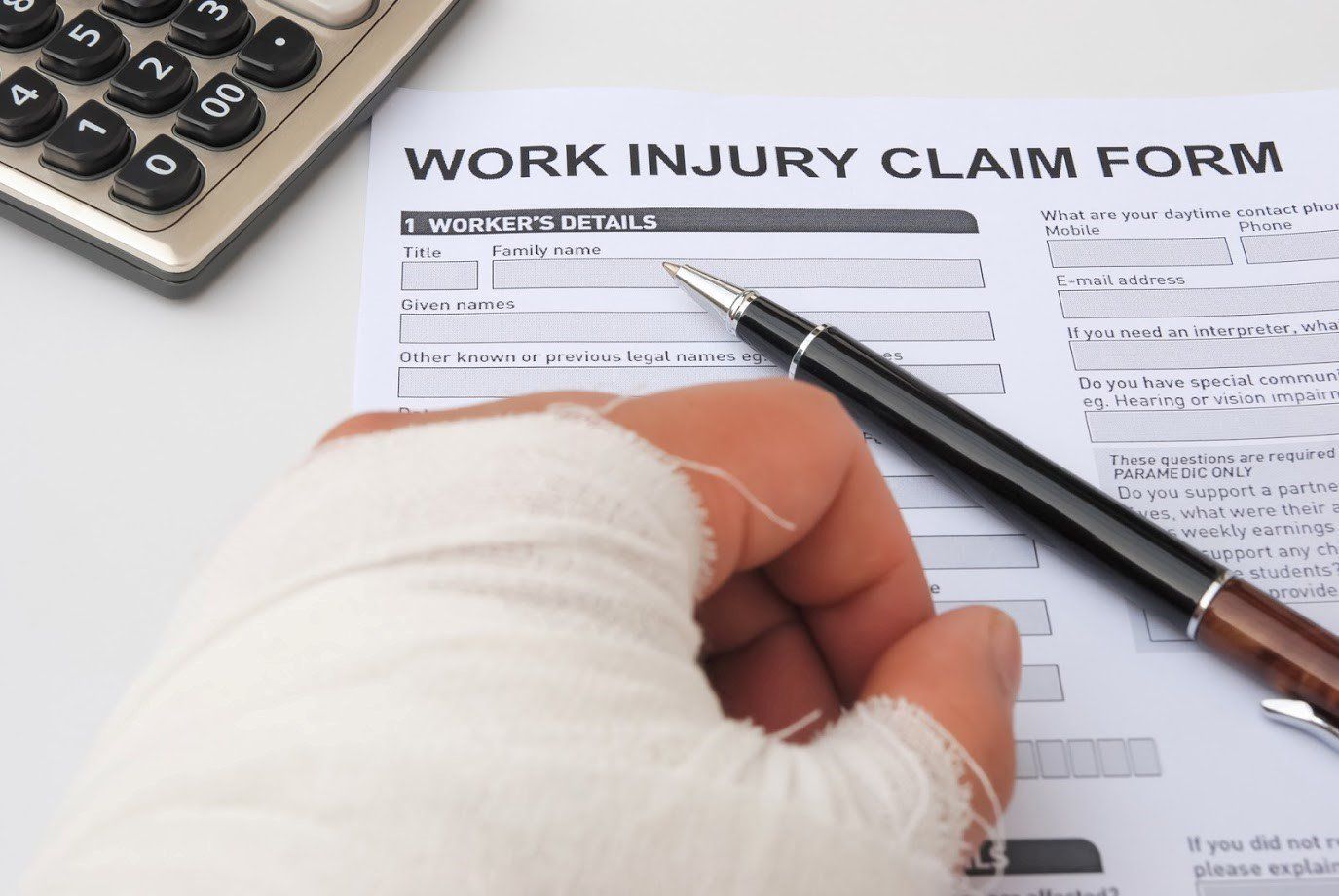7 Things to Do After You Have Been in an Accident at Work
January 31, 2020
An accident at work can be something as simple as a paper cut. Unfortunately, sometimes it is much worse. If you suffer a significant injury at work, here’s what you should do afterward. These steps will help if you need to work with an attorney later in order to get the worker's compensation you are entitled to from your employer.
1. Evaluate the Injury
The very first thing you need to do is evaluate your injury. You are looking to see if a medical professional needs to be involved or if all you need is a bandage placed over the injury. Your employer may have first aid trained staff if so, have them evaluate the injury for you. The first aid staff may have the final call over how you get medical treatment.
2. Seek Medical Treatment
Your employer may require you to seek medical treatment for even a small scratch. If they don't have such a medical treatment policy, some injuries may require you to seek out treatment from an ER or an urgent care clinic on your own. For example, head injuries should always be examined by a doctor. This is especially true if you lost consciousness, have blurry vision, feel dizzy, or vomit.
You may also need to be drug tested at this time, especially if it’s your company policy. If not, you may still want to opt for a drug test, as proof you weren’t on drugs at the time of your injury can be a valuable piece of evidence in a later worker’s compensation suit.
3. Notify Management
After your injury has been evaluated and you have sought medical treatment, you need to notify your supervisor, human resources, or management. How quickly you need to notify management depends on your physical state as well as your company's policy. In general, you should notify as soon as possible after your injury or after your medical treatment. Make sure to notify your employer in writing.
4. Record Your Accident
You can record your accident by taking some pictures of the area where it happened, or the equipment that was involved. If you can't take pictures of the area, ask a co-worker to take the pictures for you. The important thing is that the location of the accident and everything involved is recorded photographically. You should also take pictures of the injury if possible, before treatment as well as after treatment.
5. Get Witness Statements
Speak to your co-workers and anyone else who may have seen the incident. You want to get their version of your accident. They saw things from a different perspective than you and will be able to give more information about your accident. Ask them to fill out the witness report as soon as possible so that their memory is as clear and fresh.
6. File for Worker's Compensation
After your accident, you also need to file for worker's compensation. Worker's comp. pays for your medical costs. The program may also pay for lost wages if you miss work, depending on the severity of your injury and the laws of the state in which you live. Your medical records and any supporting documentation that you have should be filed along with your application for worker's compensation.
7. Find an Attorney
You may need to find an attorney to help you. Make sure that you provide all the documentation that you have gathered after your accident to your attorney. Get your medical records and provide those records to your attorney as well. The more information they have when it comes to your case, the better they will be able to do their job and get you the compensation you deserve.
Speak to an attorney at Borbi, Clancy, & Patrizi, LLC
if you have been injured in an accident at work. Let our law professionals evaluate your case. We can help you get the compensation you may be entitled to due to your accident.

